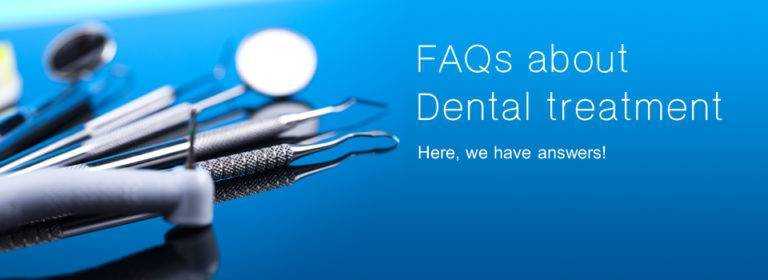1. Why should I go to the dentist once every six months?
Many people dont visit a dentist on regular basis. They only go when they have a problem. This is known as “emergency treatment”. Some patients may feel they are saving money by skipping dental visits. Infact it ends up costing much more in money and time.
This happens because many dental problems do not show symptoms until they reach advanced stages. A good example of this is tooth decay. The tooth getting attacked by a cavity does not hurt until the cavity reaches the nerve.
The dentist can usually spot a cavity 3-4 years before it develops any symptoms. This early detection can help you prevent difficult root canal treatment.

2. Why should I floss, isn’t brushing enough?
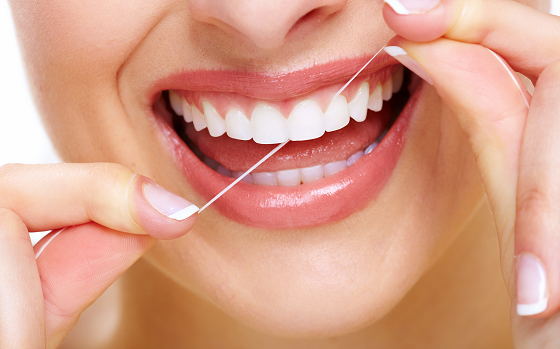
There are a number of bacteria that stay in your mouth. Brushing removes some of the bacteria, but it fails to reach between the teeth effectively. If the food particles are left uncleaned between teeth then it can start to feed the bacteria.
Hence flossing is necessary to reach those areas where your toothbrush can hardly reach. If you skip floss you are allowing food debris and plaque to remain between your teeth. This plaque can gradually turn into tartar and cause cavity.
3. How can I motivate my kids to brush their teeth?

Make it fun! If you are excited about brushing your teeth, your children will also be excited. Children want to do the tasks their parents do. If your kids see you brushing your teeth and displaying good oral habits, they will follow.
Getting your children to brush starts with taking them to the dentist at an early stage. All children should be examined by their first birthday or 6 months after the eruption of the first tooth.
4. How can I prevent cavities?
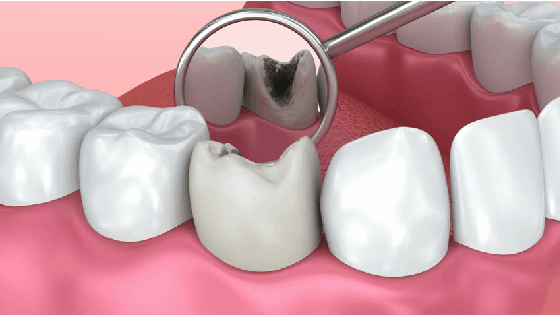
Spend a good time of two-three minutes brushing twice a day. Bacteria create the sticky layer on the tooth, make sure you get rid of the layer after brushing. Do not brush hard, you should put moderate pressure, enough to remove bacteria and plaque. Flossing is essential to remove plaque and food particle from between the teeth.
Monitor the sugar intake when you eat. There is sugar in candy, crackers and chips and fruits. These are the favorite foods of bacteria living in your mouth. It’s always good to be mindful of foods that stick on your teeth such as almonds and raisins, and peanut butter. Try to limit frequent eating of such foods.
Clean your teeth after each meal. Thoroughly rinse with plain or salted water that can help to remove food particles from the mouth. Chewing sugarless gum also can help for this purpose.
The important thing a patient can do to avoid cavities is visiting the dentist. Do not skip the visits.
5. Why does the dentist take X-rays?
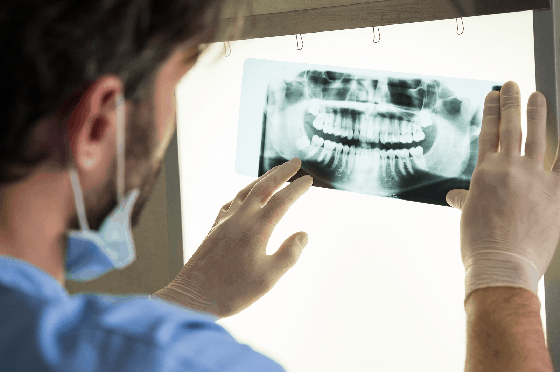
Many diseases of the teeth and surrounding tissues cannot be detected by the visual examination. An X-ray image may reveal:
- Small areas of carries between the teeth or below existing fillings
- Periodontal (gum) disease
- Abscesses or cysts
- Developmental abnormalities
- Some types of tumors
- Infections in the bone
Finding and treating dental problems at an early stage can save time, money and also avoid discomfort. X-rays can spot the damage to oral structures not visible during a regular exam. If you have a hidden tumor, X-rays may even help save your time.
The dentist will decide the requirement for X-rays based on the conditions present in development. There are many benefits to having X-rays taken.
6. What is fluoride and why is it important to dental health?
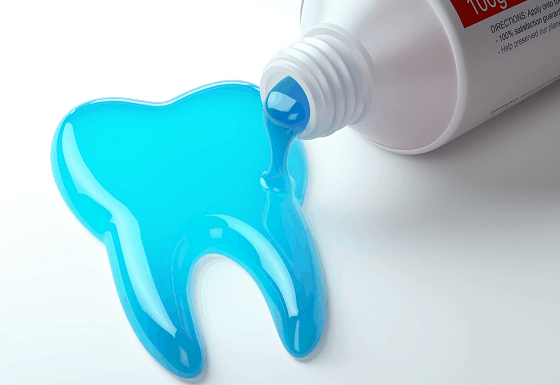
Fluoride is a mineral that is naturally present in many foods and water. Other sources of fluoride include Tea, Fish, cooked kale and spinach, apples and milk. Fluoride helps to make the enamel strong. It prevents enamel from getting weaker due to acid exposure.
Hence lack of fluoride can increase the risk of cavities. However, your dentist can prescribe you fluoride supplements.
References:
Expert opinion
Dr. Rupali Gujar Dental director of Sabka dentist says “Your natural teeth are important more than you think. The enamel can not grow back or repair itself as the other cells of the body. Hence the only way you can prevent is through regular dental visits”.
Dr. Manan Dhulia Dental director of Sabka dentist says “Preventing the dental problem is better than restoring it. Regular dental cleaning will help to remove plaque and tartar that will cause cavities if you allow it to stay a long time”.

